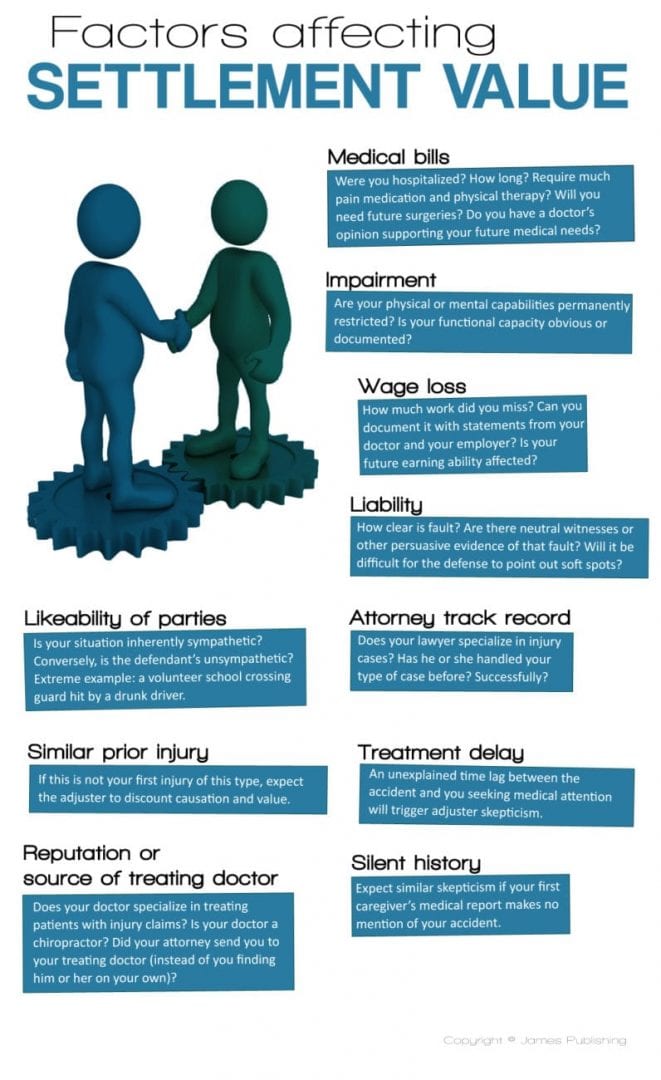Landlord-Tenant Regulation: A Property Attorney'S Overview
Landlord-Tenant Regulation: A Property Attorney'S Overview
Blog Article
Published By-Wilkins Hansen
When it comes to landlord-tenant regulation, understanding your legal rights and obligations is critical for both events. You could assume you have a strong understanding on the basics, yet there are often nuances that can catch you unsuspecting. Whether you're a property manager handling a residential or commercial property or a renter searching for a secure home, comprehending the legal landscape can make all the difference. What could surprise you are the complexities associated with navigating disagreements and eviction processes.
Recognizing Tenant Rights and Responsibilities
When you rent a residential property, it's crucial to recognize your legal rights and obligations as a tenant. You deserve to a safe and habitable living setting, indicating your landlord has to keep important solutions like home heating, pipes, and power.
You're additionally entitled to personal privacy; property managers typically require to give notice before entering your unit.
On the other hand, you're responsible for paying lease on schedule, maintaining the residential property tidy, and not triggering damage past normal deterioration.
Familiarize yourself with your lease arrangement, as it outlines details rules and commitments. Understanding these aspects not just shields you however likewise promotes a positive relationship with your proprietor.
Stay educated, and https://www.openpr.com/news/3712849/long-island-estate-planning-attorney-seth-schlessel-publishes browse your tenancy more effectively.
Secret Property Manager Obligations and Legal Considerations
While you might recognize your legal rights as a lessee, it's equally crucial to comprehend your property owner's obligations.
Landlords must provide a safe and habitable living environment, making sure that vital systems like home heating, plumbing, and power remain in working order. They're also responsible for making necessary fixings immediately and adhering to neighborhood building regulations.
Additionally, property managers need to appreciate your privacy by giving correct notification prior to entering your unit, generally 24-hour. They should handle down payment according to state laws, consisting of returning them promptly after you leave, minus any type of lawful reductions.
Understanding these commitments can aid you preserve a positive connection with your proprietor and guarantee your living circumstance meets lawful requirements.
Navigating Conflicts and Eviction Procedures
Disagreements between proprietors and occupants can emerge unexpectedly, making it vital for you to recognize the processes involved in settling them.
Initially, interaction is crucial-- try to talk about issues directly to discover a compromise. If that fails, familiarize yourself with your local legislations concerning disputes and eviction. Paper everything: keep documents of communications, repayments, and any type of violations.
If advantages of a living trust comes to be essential, ensure you follow the legal actions required in your location, which often includes supplying written notification and a particular timeframe for resolution.
Be prepared to visit court if the circumstance rises, as it may be your only choice. Comprehending these processes will certainly help you browse conflicts better and safeguard your legal rights as either a property owner or tenant.
Final thought
In recap, understanding landlord-tenant law is crucial for both events involved in a rental arrangement. By understanding your civil liberties and duties, you can foster a much better living environment and stay clear of conflicts. If disputes develop, remember that a property lawyer can help guide you through the intricacies of eviction procedures and lawful commitments. Remaining notified and proactive will certainly guarantee a smoother rental experience, whether you're a proprietor or an occupant.
